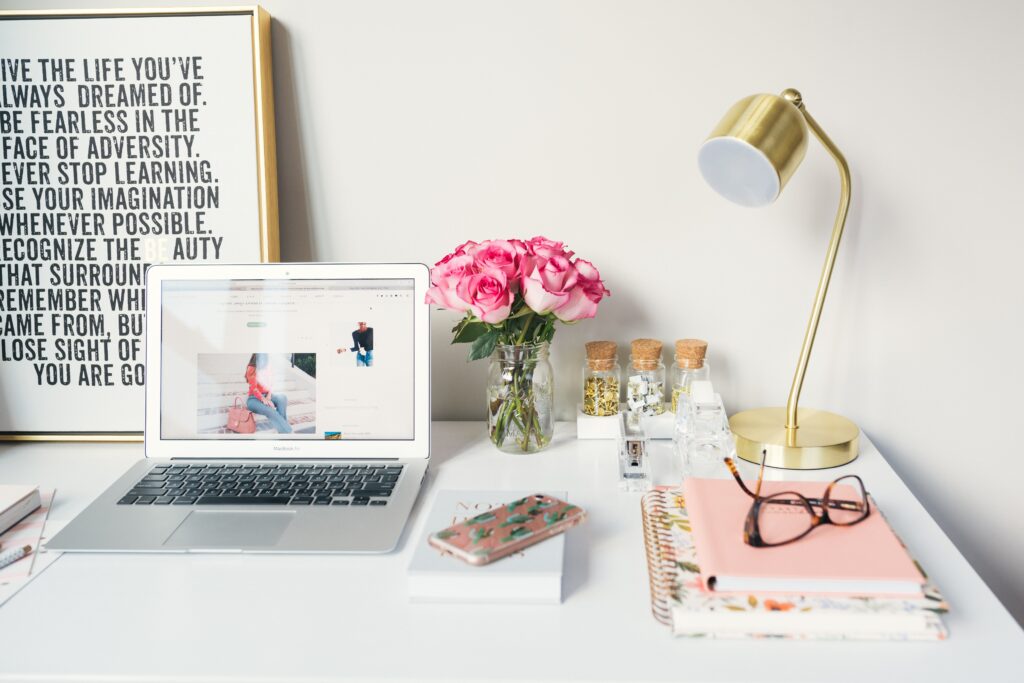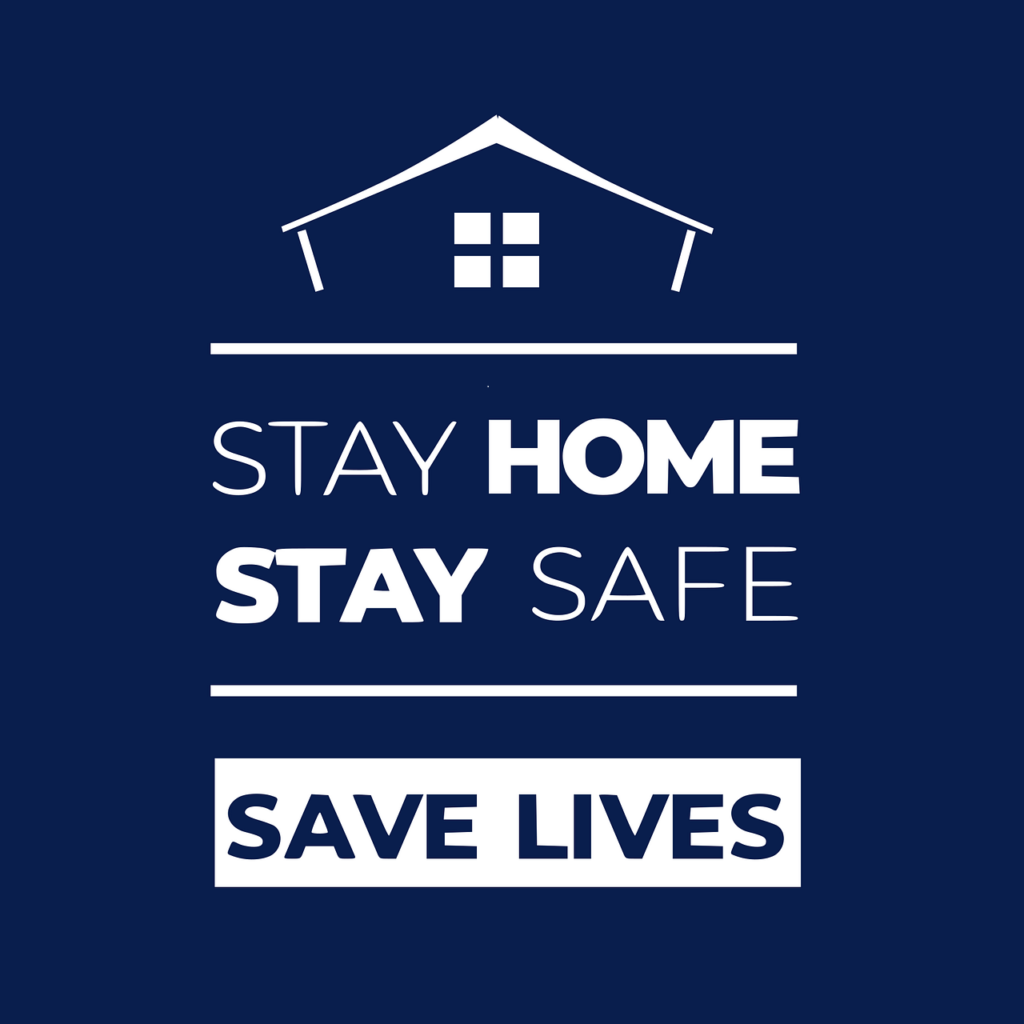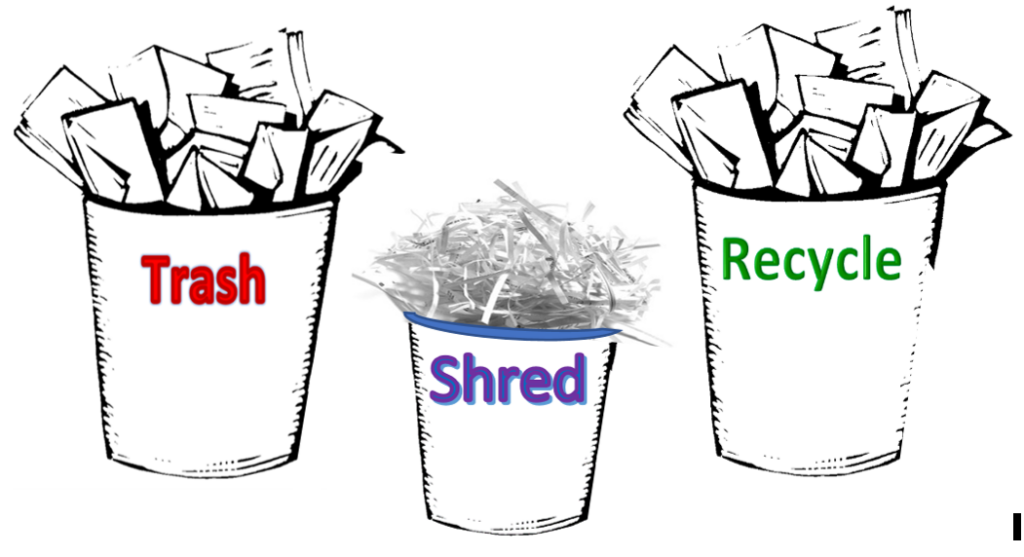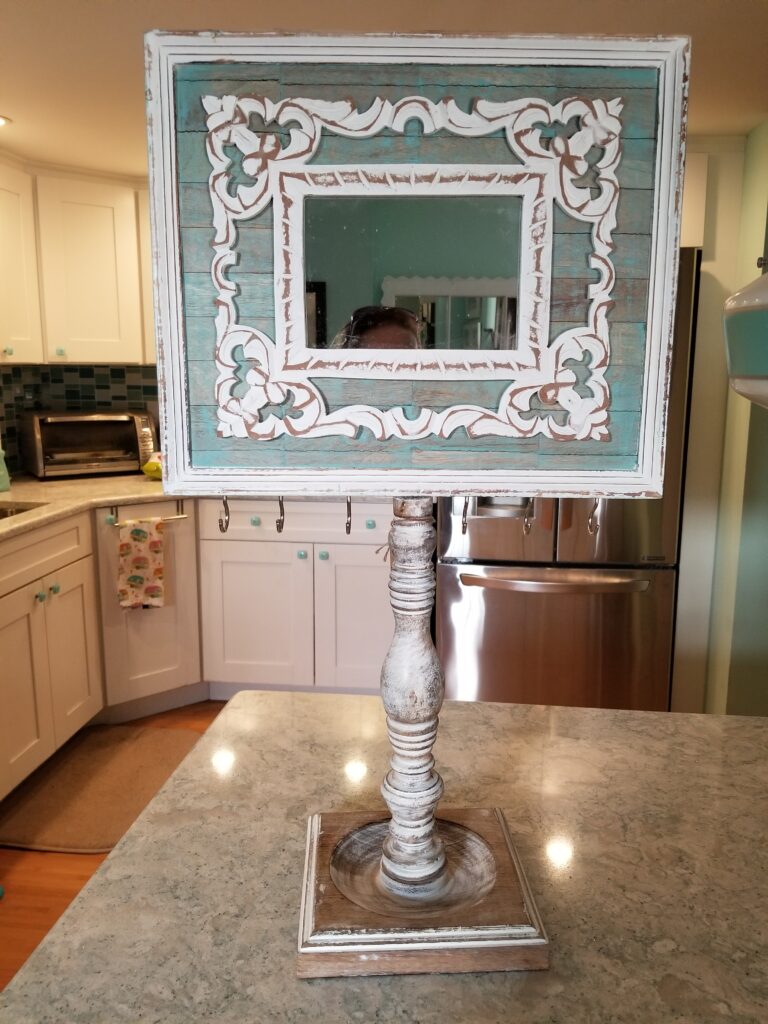Yes. Virtual organizing has been around and effective for much longer than this recent COVID-19 quarantine. However, our current degrees of isolation are making virtual organizing more attractive than ever before to both organizers and those looking for organizing help.

Surprised? You might be. Yes organizers can, and often do, physically redesign your office or room layouts, remove your clutter and set up your files and spaces. Yet, the more important and valuable benefit of what they do (what you are really paying for) is what you don’t see. It is the things you experience when working with a professional organizer and the resulting benefits of those experiences.
Whether in-person or virtually in-person, a professional organizer is a pot of gold when it comes to processes, goal setting, motivation and innovation. Partnering with clients from deciding where to start, to trouble-shooting client-specific challenges, to supporting continued maintenance – an organizing and productivity specialist is the way to go.
If you have already worked with a professional organizer, start there! Contact them and ask them if they are running virtual sessions or, if not, ask if they would consider trying one with you. I recommend sticking with someone with whom you already have a good rapport.
Otherwise, the National Association of Productivity and Organizing professionals (NAPO) and it’s local chapters (here in the Philly area it is NAPO-GPC) are the places to start. NAPO professionals invest in their businesses, training and professional development to make sure they are bringing the best services to their clients. What’s even more exciting is that, since they will serve you virtually, you could choose an organizer from literally anywhere!
During this time of COVID-19, many of us are experiencing some degree of isolation and limitation in our lives. Some of us are eager to get back to an unrestricted lifestyle and others are cautiously waiting it out until stronger assurances are announced. Either way, the support of a professional organizer will help unravel difficult decisions, set up successful solutions and motivate you to stay on track. It is a service that you may decide works best for you even after the quarantines are lifted!
A recent RieOrganize! poll on Facebook came up with the following: Stay at home. Boredom. Facebook. Zoom meetings. Gratitude for front line workers. Frustration about having to wear a mask. Death. Telecommuting. Homeschooling. Social isolation.
Until recently, I knew of only a handful of friends who were dealing with COVID-19. Most were friends who live out of town or who were dealing with their friends/family members who were dealing with the virus. Yesterday, I was told that a friend is in the ICU with novel coronavirus. While we were not close friends, we did keep in touch over the 30+ years that I’ve known him and his husband.
What I realized today, however, was how much I did not know about them. For instance, who is my friend’s next of kin? My immediate answer would be, of course, his husband. But his husband died last week of a non-coronavirus-related illness. I don’t know if he has a health care directive or, if he does, who is listed as the alternate proxy because his husband just died – or where this document is located. I know that his husband took care of most of their financial, legal and daily responsibilities. I don’t know who will be responsible for all of that now and, more importantly, nor does anyone else. Everyone is scrambling to try to figure out what to do!
While this is indeed stressful and sad, I have to ask myself and you…
· How many of us or our friends or family members could find themselves in a similar situation?
· Have we taken care of our own medical, legal and financial paperwork? If we have, does anyone know where it is located or have easy access to it?
· Will you or someone you know find themselves sick or dying alone with no one who knows what you would want to happen medically or, if you should die, with your belongings?
According to our informal Facebook poll, not everything in our world today is discouraging, heartbreaking, disheartening or grim. Looking at some of the memes on Facebook or Instagram can make you smile or laugh out loud.
There is little wrong with cooking or baking too much, using Zoom or Facetime to be connected to friends, relatives and colleagues, binge watching Netflix or taking naps. There is much kindness, laughter and sharing. Neighbors are helping neighbors.
This can be a time of transformation – interpersonally, socially, economically and globally. It can be a time to focus on the people and things that are important in our lives.
And this is where we all come in to transform our world into a better place in which to live. Thinking about medical and financial preparedness is not high on most people’s lists of things they want to do, but, especially during this time, it is essential.
First, we should examine our own paperwork. How prepared are we? Then, we should take a look at our contact lists. Who do we know who may need help?
Few people want to talk about the possibility of being sick or dying. In this age of COVID-19, it is imperative that we do so and that we talk with those whom we love and help them to prepare as well.
This is something that cannot wait. Please take steps to ensure that someone will know what you want to happen if you are unable to speak for yourself.
Stay well, stay safe and stay home… and if you are one of the many who must go to work to keep us safe, healthy, fed, informed or otherwise (relatively) sane, thank you.


As Professional Organizers, we spend most of our time helping clients declutter and organize their spaces. But, with the events that have been unfolding over the past few weeks with the coronavirus, change has been thrust upon us. Some of us may be annoyed or feel inconvenienced by this change. Others may feel down right scared by all the uncertainty of the situation. Wherever you fall on that spectrum, figuring out how to adjust our daily lives to deal with the new restrictions can be overwhelming or stressful. To support you through this difficult time, we’ve put together some organizing suggestions to help you manage under these new circumstances.
We all want to make sure we have enough food and cleaning products to take care of ourselves and our families while we are being asked to self-quarantine and engage in social distancing. And while we support your need to have enough food; we urge you to think strategically about what you’re bringing into your space. How much milk will your family drink in a 2-week period? How many times will they tolerate eating mac n’ cheese in 2 weeks?
Also think about where you’re going to store the items you bring into your home. Where will you put the extra 30 rolls of toilet paper? This might be a good time to look through your cabinets and get rid of expired products to make space. If you still don’t have room in your cabinets or pantry, you may need to consider other options, like storing items in another room. That three-shelf bookcase with unread books might be the perfect spot for your extra canned goods.
With the steady increase of people testing positive across the country, many of us have been asked to work from home. Many schools have closed, and children are switching to online learning. This can create a challenging situation for parents, especially when everyone may need their own space to take that conference call or listen to their teacher’s online lesson.
Some are fortunate to have a dedicated office space at home, but what if you don’t have that space and both parents are working from home? What if you have multiple kids who need to complete online schoolwork? What makes the most sense for your family? Can the kids do their school lessons in their bedroom? Can you use your dining room as an office? Do you need to alternate schedules? Can your partner can use the office in the morning, and you use it in the afternoon? Or, they use it today and you use it tomorrow? Will your employer let you work evenings while your partner works during the day so someone can tend to the little ones? If multiple family members need to work in the same room or space, perhaps use headphones or ear buds to reduce background noise. It may take a bit of trial and error until you find a setup that works for your family, however, a little bit of planning and organizing can go a long way to reducing stressful events throughout your workday.

Well, guess what? I’m not. So when I goof up, I smile and say in a very poised and charming manner “I’m showing my humanity.” Then I’m over it.
As our businesses grow, our lives sometimes feel complicated and we feel conflicted because we are pulled in too many directions all at once. We stress about how we are going to manage to accomplish everything on our “To Do” lists that just keep getting longer and longer.
We sometimes struggle to keep our homes and home offices in order and to find enough time to rest and to spend with our families and our friends. We help our clients simplify their lives. Perhaps we need to follow our own advice and simplify our professional and our personal lives.
To follow through with your good intentions you need to:
To achieve your goal, you need to:
When our prospective clients are hesitant to commit to their first session or when our current clients become discouraged by the enormity of their project, we tell them to close their eyes and visualize how good it will feel when they have achieved their goal.
Let’s slow down and practice what we preach. Close your eyes and visualize how good it will feel after you have simplified one aspect of your life or one area of your home or home office.
We all have too much paper in our lives. Diane, who is the business manager at RieOrganize! tells the following story:
“I have always had a fairly high tolerance for paper clutter before I reach my limit and, even then, it’s often not a conscious decision to sort through everything – I just start small and then usually keep going. The other day was one of those days. Although I missed being outside on a beautiful day, I opened the windows and just applied myself. The reward? Being able to sit back, that night, and look around at so many cleared off spaces with a sense of calm. AND I reaped the side benefit of finding two things for which I had been searching!”
Mail and other paper is a huge source of clutter for everyone. Every day your mailbox is full of paper, and 90% of it is probably useless to you.
Review the mail you get and look for opportunities to switch to paperless billing or automatic payments. You’ll eliminate the possibility of losing the electric bill in a pile of mail, plus you’ll have one less piece of mail coming to your house in the first place.
It’s important to have a system for processing mail. You know it’s coming every day, so figure out a system where you can sort it right away. Glance through the mail on your way back from the mailbox. Then when you’re in the house, toss junk mail in the recycle bin (or shredder if it includes personal information) and take immediate action on anything else.
Want to stop getting some of that junk mail altogether? Check out this resource from the Federal Trade Commission on ways to opt out of prescreened credit card offers, telemarketing calls, and other direct mail marketing.
WHAT TO KEEP AND WHAT TO TOSS?

Keep:
You should keep your tax records safe and secure, whether they are stored on paper or electronically. The same is true for any financial or health records you store, especially any document bearing Social Security numbers.
Keep:
Keep copies of your tax returns and supporting documents for at least seven years. Remember to keep records about property you own for seven years after the year in which you no longer own the property. This time frame allows you to file a claim for adjustment in cases of bad debt deduction or a loss from worthless securities. Always check with your tax advisor for further clarification and updates in tax regulations as they change every year.
Toss:
Dispose of old tax records properly. Never toss paper tax returns and supporting documents into the trash. Because of the sensitive nature of this data, the loss or theft of these documents could lead to identity theft and have an economic impact. These documents contain the Social Security numbers of you, your spouse and dependents, old W-2 income and bank account information. Therefore, your federal and state tax records, as well as any financial or health records should be shredded before disposal.
Toss:
Lots of mail looks like it’s official and even says “keep this for your records”, but sometimes you really don’t need to if the same information can be found online. If you bank online, you don’t need to keep the monthly paper statements since you can access them through your online bank account. You should reconcile your account before shredding the statements, but you don’t need to file and store that paper indefinitely. The same can be done for paper bills, but if you took our tip above, you’ve enrolled in autopay and paperless billing and don’t have to worry about paper bills anymore.
Not all of us can be as diligent and apply ourselves as easily as Diane did, so if you need help sorting through your clutter, contact an organizer. For a list of NAPO organizers, click here
Organizing can be tough…scratch that…starting the process of organizing can be tough! In my own personal organizing projects, and those of my clients, I will typically suggest doing one, or all, of the following strategies to make it a bit easier…and less painful too!
Music – Music is a great motivator and can keep you moving and grooving while you are working on your organizing project.
Scavenger Hunt – Doing a scavenger hunt can also be motivating. I often suggest to my clients to do a search throughout their home for empty bins and baskets, or even repurpose said items. This will not only save you money in the process, but time as well. Yes, I love browsing through the aisles of HomeGoods and The Container Store (probably just like you!), but that just delays the inevitable start.
Shopping – If you really want to shop…like really, really…then find something that you love! It could be a storage piece (if the room allows for it), pillow, or piece of artwork, etc., to incorporate into the room or area that you will be organizing. It could be a huge flat screen TV for all I care! It doesn’t have to be expensive, just something that makes you happy and that you’ll enjoy looking at every time that you are in the space!

For one of my next projects at my home, I will be reorganizing my jewelry. While I was doing my holiday shopping, I came upon my IT. Do you ever have one of those moments where you find the perfect thing, for the perfect place, for the perfect price? Well, if you never have experienced that trifecta, I must tell you, it feels AWESOME! My piece is shown in the picture above.
I had tried several methods of organizing my jewelry over the years, but nothing had really stuck. At first, I was using jewelry boxes with velvet lined drawers. Next came the stacker trays with individual spots for earrings, rings, necklaces, etc. I’ve come to the realization lately though, that unless my jewelry is visible, I probably won’t wear it, and that’s no fun!
If you take a closer look at my newfound treasure you will note the 6 hooks for necklaces at the base of the mirror portion. Plus, the piece is tall enough, that longer necklaces won’t puddle and tangle. Additionally, the well at the base is perfect for smaller earrings or a watch or two. I’d also previously found 2 small 3-tiered trays to compliment this piece, for earrings and rings. They are in turquoise, which is my favorite color too!
When I start working on this project, I also plan to let go of and donate any jewelry that I haven’t worn in a long time. Organizing is always easier when you start with less! I also plan to listen to some great music while doing it.
Comment below if you have ever found a trifecta of your own and if it has helped you get organized in your home!